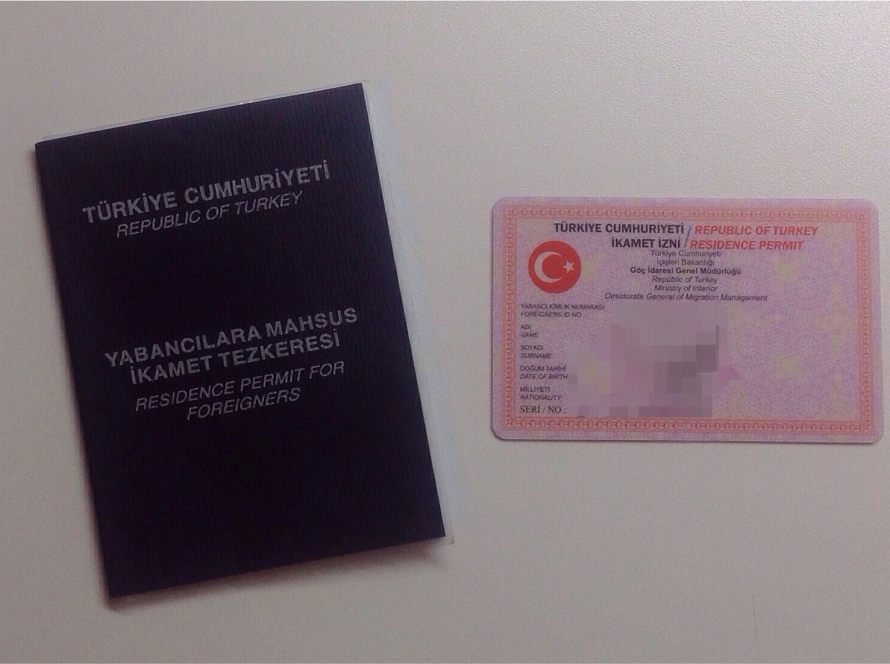Turkey has become an attractive country for foreign investors thanks to its strategic location, large domestic market and investment incentives. Located at the crossroads of Europe, Asia and the Middle East, Turkey has a well-developed legal infrastructure for foreigners wishing to establish a company. However, managing the process correctly and complying with local legislation is the key to a successful and smooth business life in the long term.
Can Foreigners Establish Companies in Turkey?
Yes. Pursuant to the Turkish Commercial Code and related regulations, foreign natural and legal persons may establish companies, become shareholders and act as company directors in Turkey. SinceTurkey has the principle of freedom of investment, domestic and foreign investors have equal rights.
Only some specific sectors (such as defense industry, media, energy) may have foreign capital restrictions. In general, however, it is possible for foreigners to establish limited liability and joint stock companies without any restrictions.
Types of Companies that can be established in Turkey
Foreign investors can choose from a variety of company types , as can Turkish citizens. The most preferred company types are the following:
Limited Company (LTD. ŞTİ.)
-
It can be established with a minimum of 1 and a maximum of 50 partners.
-
Minimum capital amount: 10.000 TL
-
It is relatively easy to set up and administer.
-
Ideal for small and medium-sized entrepreneurs.
Joint Stock Company (A.S.)
-
It can be established with at least 1 partner.
-
Minimum capital amount: 50.000 TL
-
Transfer of shares is easier.
-
Suitable for large-scale investments, holdings and foreign partnerships.
Company Establishment Process
Obtaininga Potential Tax Number
In order for foreign natural or legal persons to carry out any official transactionin Turkey, they must first obtain a potential tax number. This number is a basic requirement both for the establishment of a company and for many transactions such as bank account opening and contractual arrangements. It is possiblefor foreigners to obtain this number by applying to thetax office in person with their passport or by applying through a proxy. The potential tax number will then be converted into an official tax number.
Application via MERSIS System
In Turkey, company incorporations are carried out digitally through the Central Registry System (MERSIS). Through this system, the company type is determined, the articles of association are prepared and the application process is initiated. The information of foreign partners must be entered into the system completely and their passport information and identity details must be uploaded correctly. Company title, field of activity, headquarters address and capital structure must also be uploaded to MERSIS. This step should be done carefully as it forms the digital foundation of the entire process.
Capital Blockage (For Joint Stock Companies)
In the establishment of a joint stock company, at least 25% of the capital must be blocked in a bank account during the establishment phase. This amount becomes available after company registration. This requirement is generally not applicable for limited liability companies. However, for the reliability of the capital commitment, foreign investors are advised to plan capital transfer and bank relations in advance. The blocking receipt is among the important documents of the application to the Trade Registry Office.
Notarization and Signature Declaration
The signature declarations of the founders of the company must be prepared through notaries in Turkey. During this process, if the foreign partner does not speak Turkish, a sworn translator must be present. In addition, the company agreement is also approved before a notary public and becomes officially valid. These documents are of fundamental importance for the company to gain legal personality. Deficiencies during notary procedures may hinder the establishment process later on.
Trade Registry Office Application
An application is made to the relevant Trade Registry Directorate with notarized documents, potential tax number, capital blockage documents and MERSIS application printout. When the application is accepted, the company is officially registered and the trade registry gazette is published. As of this date, the company becomes a legal entity. From this point on, the company’s bank accounts can be opened, contracts can be made and activities can legally begin.
Tax Office Registration and Legal Ledger Certification
After registration, the company must register with the tax office and obtain an official tax number. In addition, depending on the type and field of activity of the company, legal books (journal, inventory book, general ledger, etc.) must be notarized. These books are the main basis documents in financial audits. The tax office checks whether the company is actually operating by conducting an on-site inspection. This process is completed when the tax identification number becomes active.
SSI and Municipality Notifications
If the company employs staff, a workplace declaration must be submitted to the Social Security Institution (SSI). It is illegal to employ personnel without registering with the SSI. It may also be mandatory to notify the municipality of the workplace where the company will operate and obtain a license. Depending on the type of activity, different permitting processes may be carried out by the municipality (e.g. in sectors such as food production, accommodation, retail sales). It is therefore important that municipal procedures are carried out correctly from the outset.
Legal Considerations
-
Residence permit is not required. Foreigners do not have to reside in Turkey to establish a company in Turkey.
-
An interpreter is mandatory. A sworn translator must be present during notary procedures.
-
Power of attorney can be given in trade registry transactions. Company incorporation procedures can also be carried out through a lawyer or consultant in Turkey.
-
Tax advantages and incentives should be explored. In particular, setting up a company in special investment areas such as free zones or technoparks can offer significant advantages.
Common Mistakes Foreigners Make in Establishing a Company in Turkey
-
Translation errors or missing documents,
-
Insufficient understanding of tax obligations,
-
Omission of special permits related to the company’s field of activity,
-
Choosing the wrong shareholding structure.
Getting expert support in all these processes prevents legal or commercial problems that may arise in the future. We offer professional solutions to the legal and administrative problems that foreign investors face during the incorporation process in Turkey.
Turkey offers strong opportunities for foreign investors with its dynamic market structure, geographical advantage and investment incentives. However, taking advantage of these opportunities efficiently depends on taking the right legal steps and managing the process in accordance with the legislation.
As Attorney Atakan Ayhan, we carry out the company establishment processes of foreign investors in Turkey from start to finish and provide legal consultancy for both establishment and afterwards.
Contact Us
If you are planning to set up a company in Turkey, we can offer you customized legal guidance from the beginning of the process.
You can contact us for all details such as incorporation procedures, tax and work permits.




